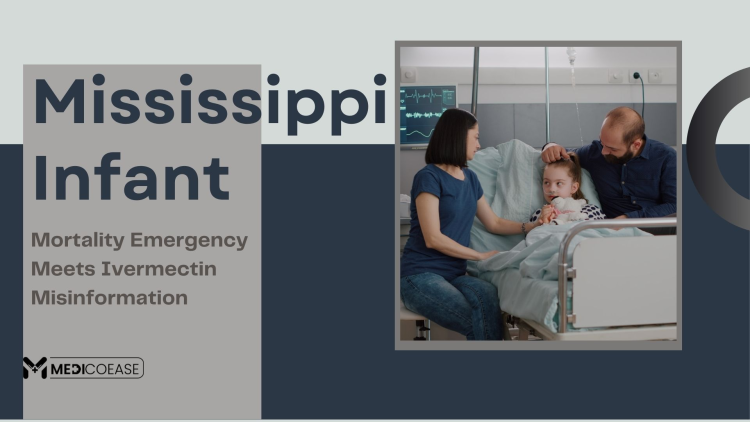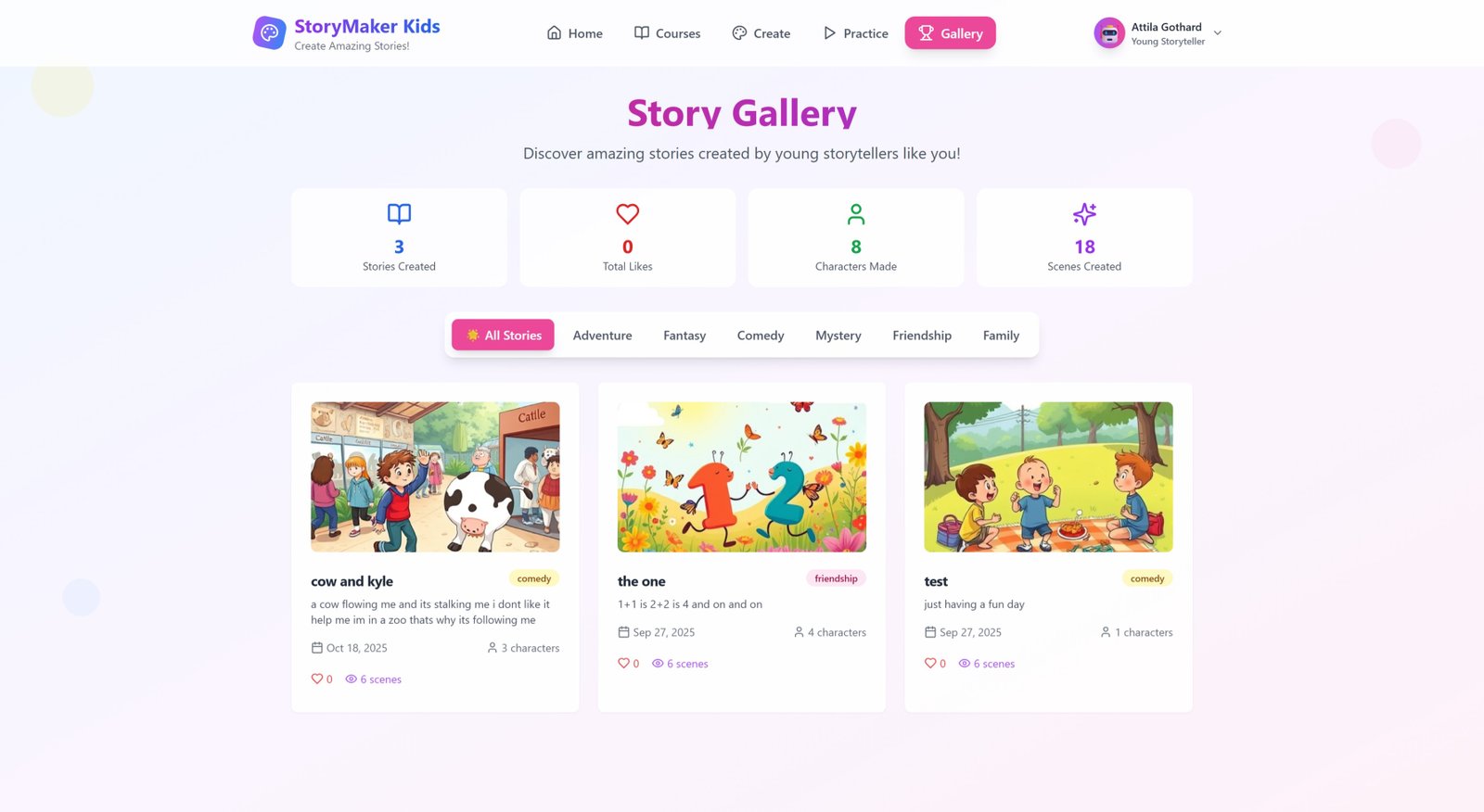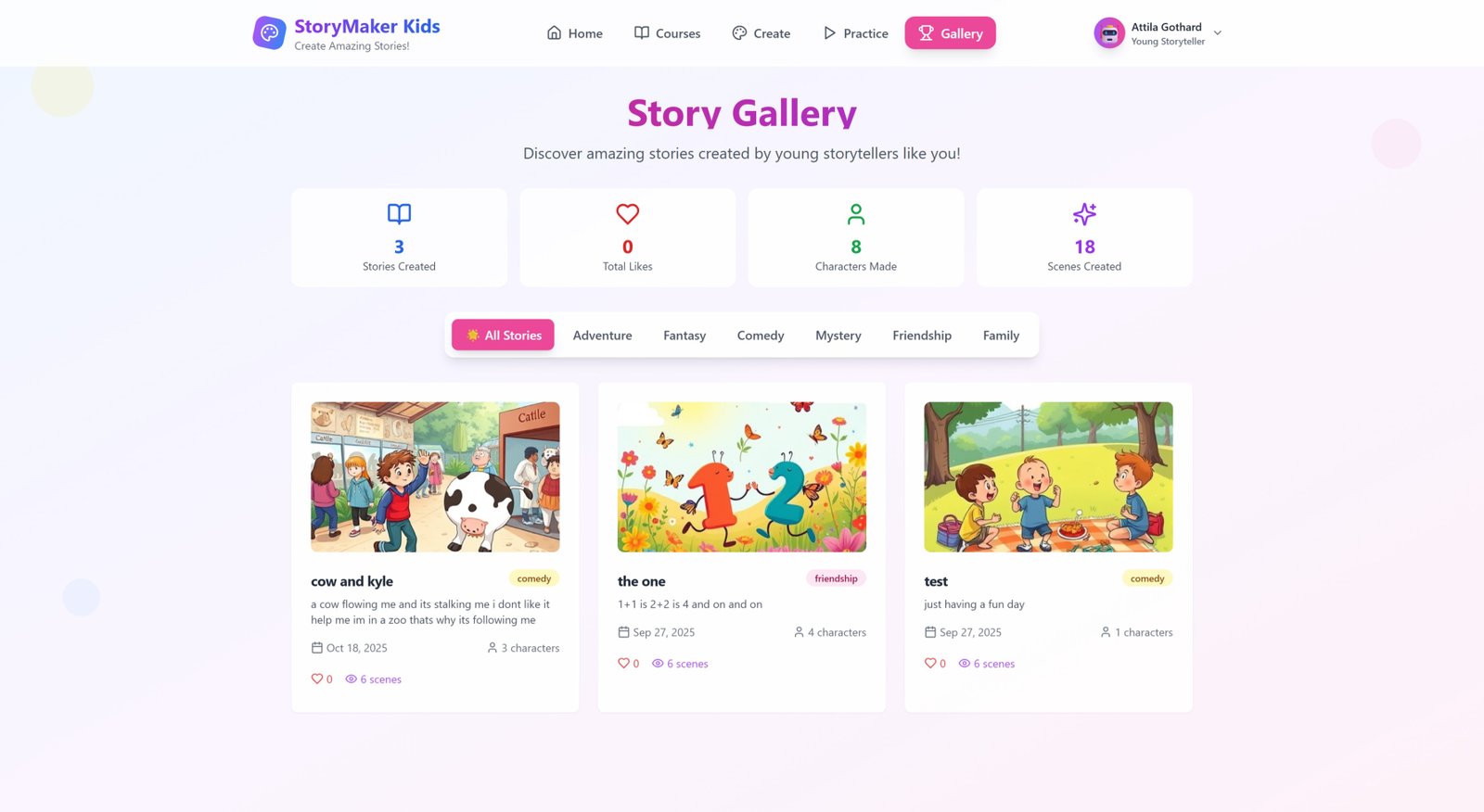Mississippi Infant Mortality Emergency Meets Ivermectin Misinformation
Mississippi is facing a heartbreaking infant mortality crisis that has triggered both medical and political alarm across the U.S. In 2025...

Mississippi is facing a heartbreaking infant mortality crisis that has triggered both medical and political alarm across the U.S. In 2025, the state declared a public health emergency after data revealed that infant deaths are rising at a rate far above the national average. Yet, instead of uniting around solutions for maternal and neonatal care, the debate is being derailed by U.S. infant mortality and drug misinformation campaigns.
This blog unpacks how ivermectin lies are distracting from urgent health priorities, worsening maternal outcomes, and fueling political divisions in Mississippi and beyond. We’ll also examine policy debates, the role of Niclosamide and Fenbendazole, and how federal leaders are responding.
???? Mississippi Declares Emergency Over Infant Mortality Surge
Mississippi’s Department of Health issued an emergency alert in early 2025 after the state’s infant mortality rate hit the highest levels recorded in decades. According to Wikipedia, infant mortality is defined as the death of children under one year of age, and the U.S. has long struggled with disparities across regions.
In Mississippi, the crisis is concentrated in rural counties where hospitals have closed, prenatal care is limited, and maternal health services remain underfunded. For families, this means fewer obstetricians, longer travel times for emergency care, and higher risks during delivery.
Experts warn that instead of addressing these systemic issues, communities are being bombarded with health emergency misinformation — particularly false claims linking infant deaths to vaccines and ivermectin myths.
⚠️ Ivermectin Misinformation Complicates Maternal Health Strategies
Public health experts in Mississippi are sounding alarms that ivermectin misinformation is undermining maternal and infant health campaigns.
Some groups falsely claim that pregnant women should take ivermectin to prevent complications. Others spread ivermectin hoaxes suggesting that standard prenatal vitamins or vaccines are harmful while ivermectin offers “protection.”
Doctors emphasize that such claims are dangerous and unproven. There is no scientific evidence that ivermectin improves pregnancy outcomes, and misuse has led to Ivermectin overdose cases being reported in Mississippi emergency rooms.
This trend distracts from lifesaving strategies such as improving access to prenatal screenings, expanding Medicaid coverage, and funding rural maternity wards.
????️ Public Policy Debates Overshadow Systemic Infant Care Issues
Instead of focusing exclusively on infant care, Mississippi’s legislature has been consumed by Mississippi policy debates fueled by misinformation.
Some politicians have echoed ivermectin claims, questioning federal guidance and stalling proposals that would expand maternal health funding. This has turned a medical crisis into a political flashpoint.
Meanwhile, infant care experts argue that investments in:
- Neonatal intensive care units (NICUs)
- Expanded maternal Medicaid coverage
- Rural healthcare infrastructure
…would make far greater impact than indulging conspiracy theories about Ivermectin cancer or experimental drug claims.
???? Niclosamide and Fenbendazole Spark Alternative Drug Controversies
Beyond ivermectin, Mississippi is seeing rising chatter about Niclosamide and Fenbendazole as supposed alternatives for infant or maternal care — despite zero medical justification.
These drugs, like ivermectin, were originally designed for parasitic infections. On platforms like TikTok and Facebook, influencers falsely claim they could treat anything from cancer to infant health issues.
Doctors emphasize that such misinformation puts both mothers and infants at risk. The FDA ivermectin stance remains clear: only evidence-based drugs, tested through rigorous trials, should be used in maternal and neonatal healthcare.
????⚕️ Doctors Warn Misinformation Worsens Prenatal Care Challenges
Physicians across Mississippi are reporting that patients increasingly request off-label or dangerous treatments due to online hoaxes. Many OB-GYNs note that misinformation has eroded U.S. trust in established care, causing delays in critical prenatal visits.
Healthcare providers warn:
- Ivermectin overdose cases drain ER resources already stretched thin
- Misinformation discourages vaccinations that protect infants from preventable diseases
- False cures distract from nutritional counseling, screenings, and prenatal monitoring
The American College of Obstetricians and Gynecologists (ACOG) recently issued a statement condemning the spread of ivermectin lies, urging state leaders to restore trust in medical science.
???? Social Media Spreads Infant Health Myths with Ivermectin Links
Platforms like TikTok, YouTube, and X (formerly Twitter) are amplifying infant health myths that tie Mississippi’s mortality crisis to ivermectin.
Misinformation campaigns recycle pandemic-era Ivermectin COVID claims, reframing them around maternal and child health. Posts falsely warn mothers about “toxic vaccines” while promoting ivermectin pills, including Ivermectin 6mg and Ivermectin 12mg, as supposed alternatives.
Alarmingly, online pharmacies outside the U.S. promote bulk ivermectin sales without regulation. To avoid dangerous counterfeit risks, experts emphasize that safe online purchases should only be made through Medicoease, which complies with U.S. standards.
???????? Federal Leaders Call for Renewed Maternal Health Investments
In response to Mississippi’s crisis, federal officials are pushing new maternal health policies. The White House has pledged additional funding for rural hospitals, expanded maternal Medicaid eligibility, and national campaigns targeting misinformation.
The U.S. infant mortality and drug misinformation crisis is now seen as a federal priority, as misinformation undermines decades of progress in maternal care.
Congress is also examining how social media platforms profit from healthcare crisis worsened by ivermectin hoaxes. Proposed legislation would impose stricter penalties on companies that fail to curb medical disinformation.
???? FAQs: Mississippi’s Infant Mortality & Ivermectin Misinformation
Q1: Why is Mississippi’s infant mortality rate so high?
Mississippi faces systemic healthcare challenges, including rural hospital closures, limited maternal care access, and funding shortages, which drive higher infant mortality rates.
Q2: Is ivermectin safe for pregnant women?
No. There is no evidence supporting ivermectin for pregnancy or infant health. Misuse can cause serious complications and even Ivermectin overdose.
Q3: Why are Niclosamide and Fenbendazole mentioned in maternal care debates?
They’re part of broader misinformation trends claiming antiparasitic drugs cure various conditions, but they have no proven role in infant or maternal care.
Q4: How does misinformation spread so widely in Mississippi?
Social media platforms amplify false claims, and political debates often echo unverified information, making it harder for families to access accurate health guidance.
Q5: Where can patients safely buy ivermectin if prescribed?
Patients should only purchase through Ivermectin online, a trusted source for prescriptions in the U.S.
✅ Conclusion
Mississippi’s infant crisis is a national warning. As maternal care systems strain under political battles and misinformation, real families suffer devastating losses. Combating ivermectin lies is essential to saving lives.
To move forward, the U.S. must prioritize evidence-based maternal health, restore trust in medical institutions, and ensure safe access to care. Only then can Mississippi — and the nation — reverse the rising tide of infant mortality.
What's Your Reaction?




























